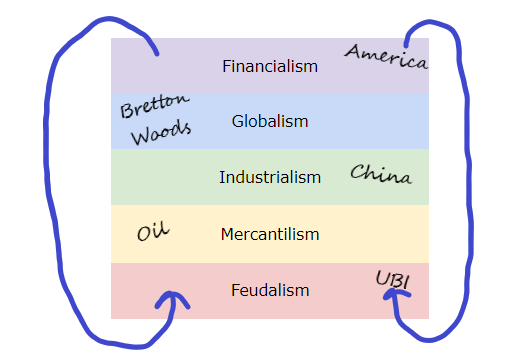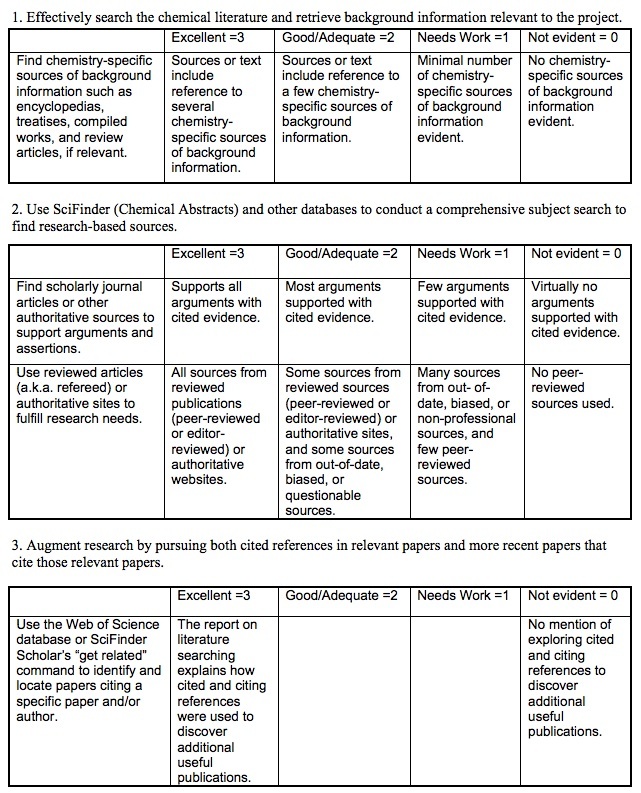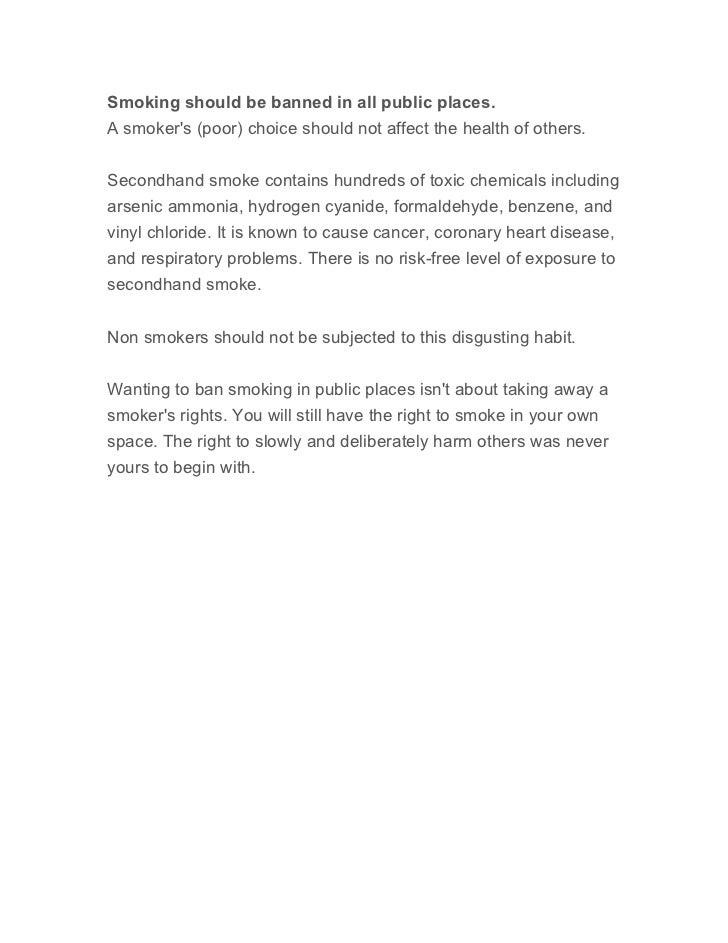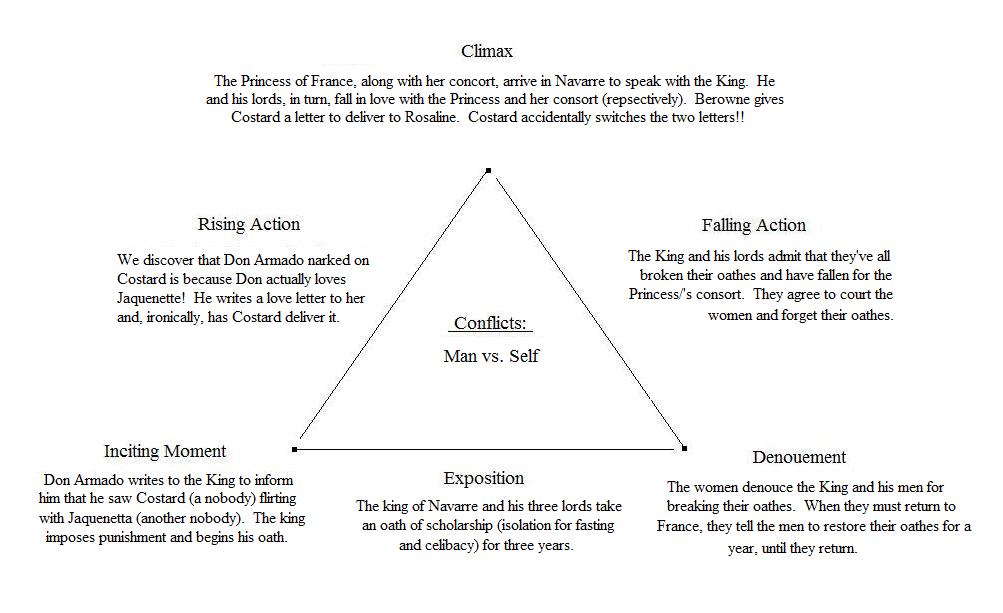Definition of the Disengagement Theory of Aging.
This sample essay on Disengagement Theory Examples offers an extensive list of facts and arguments related to it. The essay’s introduction, body paragraphs, and the conclusion are provided below. The essay’s introduction, body paragraphs, and the conclusion are provided below.
WHY DID I CHOOSE THIS THEORY? THANK YOU Criticism Some critics pointed out that this was a flawed social science theory because Cummings and Henry assume that the process is natural, innate, and inevitable, as well as universal Some pointed out that the theory completely ignores.
Predominantly, disengagement theory is based on supposition that the older an individual gets, the more decreasingly involved with the outside world they become, to focus on matters affecting personal life (Burbank, 1986). On the other hand, activity theory ascertains that active people are well suited and better adjusted to changes in life during their old age as compared to the inactive ones.
Explain two theories of ageing Essay Sample. Social disengagement theory This theory was originally proposed by Henry Williams and Elaine Cumming in 1961. According to this theory, as people age they disengage from society. This could be because older people would have restricted opportunities to connect with others. Social disengagement is a.
According to Gallup, just 13% of employees are engaged at work. Increasing this number and finding out what makes people engagement at work is therefore high on HR's priority list. But the first step is really understanding workplace disengagement and the factors that causally contribute to poor perceptions and experiences in the workplace.
This article examines the central theory in the sociology of aging-disengagement theory. It asks why the last decade of research bearing on it has been so inconclusive. The answer, the author suggests, lies (a) in the overlooked flaws in its underlying logic-the escape clause problem, (b) in the overly inclusive nature of its central variables-the omnibus variable problem and (c) in the level.
To develop these conceptualisations, the present review draws upon organisational behaviour theory on work engagement and disengagement because the literature in this discipline is notably more refined than in educational research. Using an organisational behaviour backdrop, student engagement and disengagement are defined by the degree of students’ activation and pleasure. In order to.









